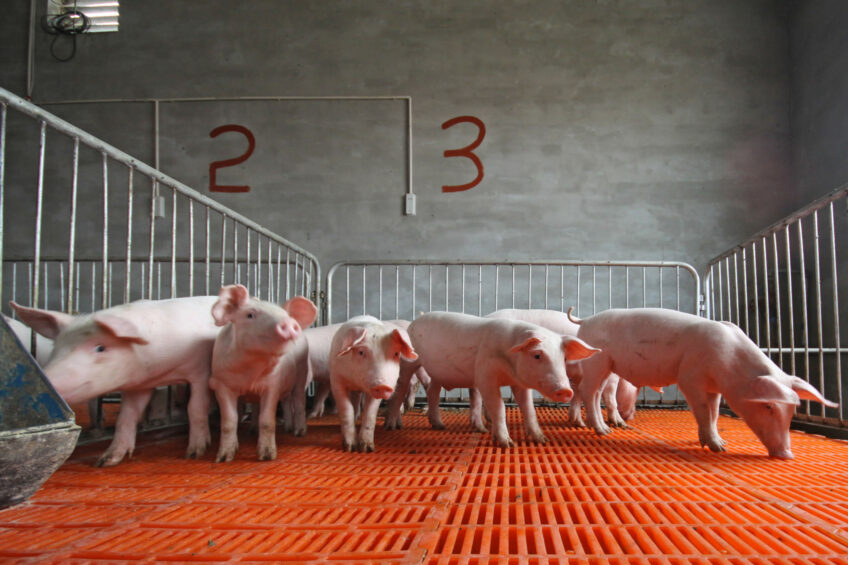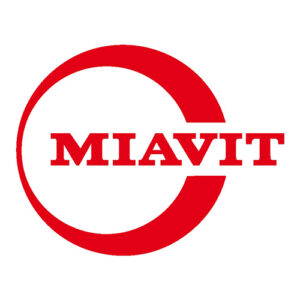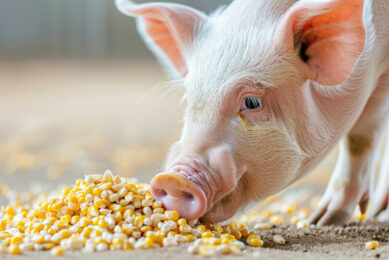The role of phytogenics for gut health

Phytogenics, also referred to as phytobiotics or botanicals, are a diverse group of plant-derived substances used for various purposes in farm animals. They support the respiratory system, provide calming effects, act as natural flavourings, and more. Essentially, they enhance the well-being and performance of farm animals.
Modern feeding concepts that prioritise animal welfare place special emphasis on supporting the microbiome. There is a proven strong interaction between nutrition, microbiome, behaviour, and the immune system of farm animals, resulting in holistic added value.
Phytogenics are derived from a wide range of plants and can include essential oils, herbs, spices, and other plant extracts. These substances have been used for centuries in traditional medicine and are now being increasingly recognised for their benefits in animal nutrition. By incorporating phytogenics into animal feed, farmers can improve the overall health and productivity of their livestock, reduce the need for antibiotics, and promote more sustainable farming practices. The use of phytogenics aligns with the growing consumer demand for natural and organic products, making it an attractive option for modern agriculture.
Digestion and immunity
The gastrointestinal tract, in addition to its digestive function, is the body’s largest immune organ, containing over 70% of the body’s immune cells. Its importance extends beyond efficient digestion. In piglets, the gastrointestinal tract is not fully functional at a young age. Enzyme production needs to develop, and symbiotic microorganisms must fully colonise the intestine.
Factors such as rehousing, feed changes, and poorly digestible components can cause imbalances or the spread of pathogenic germs in the digestive tract, particularly in weaning piglets. Various feed additives, including phytogenics, can support this development process and prevent further imbalances.
Utilising innovative technologies
In monogastric animals, most substances are naturally absorbed in the small intestine and do not reach the large intestine (including the posterior small intestine) and the microbiota located there. Modern processes like coating are used to protect substances such as minerals, vitamins, and acids, ensuring targeted release at later points in the digestive tract.
Innovative phytogenic products for stabilising intestinal health now use technological synergies in addition to the classic combination of different phytogenics or their active substances. These have proven positive effects on the gastrointestinal tract, such as antimicrobial, secretolytic, or appetite-stimulating properties. The combination of coated essential oils and ground herbs (semi-coated) ensures immediate availability, high efficacy and slow release of the active ingredients throughout the digestive tract.
Trial setup
A practical trial was conducted on a farm in southern Denmark to test the effects of a semi-coated product (Miarom Intest C, Miavit Germany) on weaned piglets. Three groups of 108 piglets each (Danbred x Duroc) were evenly divided into 12 pens (replicates), each receiving different on-top supplementation of the product. There was a control group with no product and 2 experimental groups receiving the semi-coated product.
The trial was conducted in a flat deck with freshly weaned piglets (~28 days; 6.33 ± 0.75 kg) over 42 days. Piglets were weighed on days 0, 14, 28, and 42, and feed intake per pen was recorded for the periods in between. Faeces were scored 3 times a week using 5 categories from 1 (liquid) to 5 (solid). On day 12, faecal samples were collected from 8 animals each from the control group and the phytogenic group for subsequent analyses.
The microbiome in the faeces was analysed using quantitative real-time PCR for 7 specific bacterial taxa and short-chain fatty acids using gas chromatography.
Trial results
Performance parameters and faecal scores between the groups showed no significant differences. Faecal scores for all groups were in the normal range of 3.2-3.4. The phytogenic group had the highest numerical values for performance parameters. However, the experimental farm’s performance level was already very high, leaving little room for improvement using phytogenics. The total number of bacteria in faecal samples did not differ between groups, nor did specific bacterial taxa. Most microbes detected did not belong to the 7 common bacterial taxa analysed.
Numerically, the Lactobacilli group increased in the supplemented group. The relative amount of acetic acid was significantly higher, and valeric acid significantly lower in the supplemented group. The increase in acetic acid corresponded with lower amounts of other acids. The reduction in valeric acid in the supplemented group could indicate less protein fermentation in the large intestine, suggesting improved protein digestibility. These results suggest a positive influence on the fermentation process inside the intestine. However, the exact mode of action of this semi-coated phytogenic product could not be proven finally by the experimental approach used. Further findings on microscopic changes in the intestinal mucosa, digestibility, and long-term effects may help clarify this question.
Summary
A practical trial investigated the use of a semi-coated phytogenic product on weaned piglets, showing positive effects on performance parameters despite a high performance level. Additional trials confirm these positive results. The product also positively affected the microbiome through an improved fermentation process, although the exact mode of action remains to be proven.
In summary, the use of phytogenics in animal nutrition offers a promising approach to improving the health and productivity of farm animals. By supporting the development of a healthy gut microbiome and enhancing nutrient utilisation, these products can help farmers achieve better results while reducing the reliance on antibiotics and other synthetic additives. Further research and innovation in this field will continue to advance our understanding of the benefits of phytogenics and their potential applications in animal nutrition.
In conclusion, such highly concentrated phytogenics can be an interesting alternative to stabilise the gut health and improve the animals’ performance.



